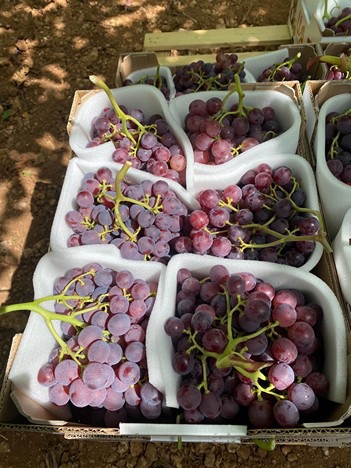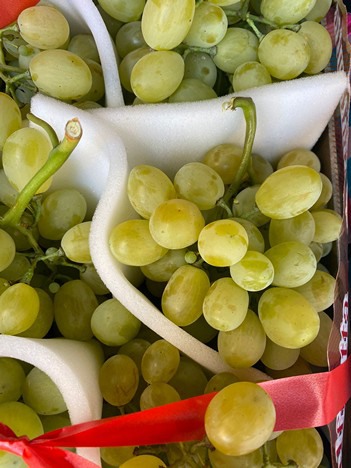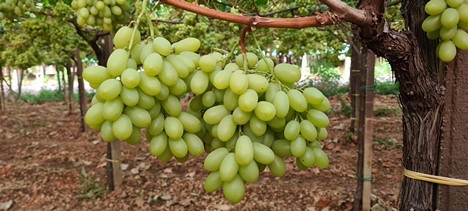Starting from the week before mid-August, the demand for grapes seems to have decreased. The reduction concerns both seeded and seedless grapes. Consumption has stagnated not only on the domestic market, but above all with various European customers. Germany is the country with the biggest drop, followed by Great Britain, Belgium and the Netherlands. Orders in these markets have fallen by 15-20%, at a time when Italian production has increased by 30% since the beginning of August," explained the entrepreneur Donato Fanelli.


"This is a physiological drop, which is typical and expected every year, but which has never occurred for seedless varieties, which are so sought-after and appreciated by buyers and consumers. Supplies usually tend to be reduced at this time of year, as August is the typical summer holiday period, and this causes a bottleneck in the sale of certain fruit and vegetable products such as grapes. We are also facing very aggressive competition from Spain, which has more hectares of seedless grapes this year.”

"The current commercial situation should make us reconsider the future development of seedless grapes," Fanelli concludes. These varieties, in fact, seem to be offered and treated like traditional grapes, with an approach based solely and exclusively on price. Therefore, what is the point of investing time and resources in varietal and process innovation, if the remunerative results are then identical to those of traditional cultivars?" - concluded Fanelli.
